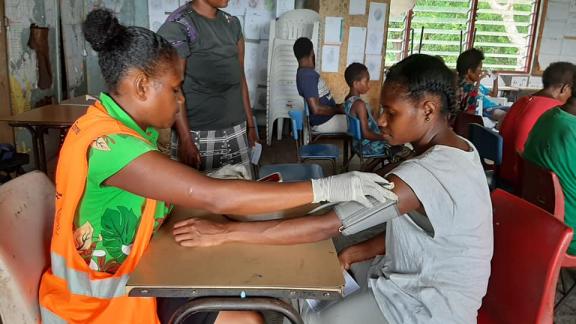As the curtains close on the Convergence For Change 2023: IPPF ESEAOR Regional Gathering and Youth Forum, it leaves a lasting impact on the journey towards championing Sexual and Reproductive Health and Rights (SRHR) in the East, Southeast Asia, and Oceania Region.
This gathering addressed the challenges and opposition in the SRHR landscape and sparked hope and potential opportunities for positive change. By embracing diversity, amplifying youth voices, fostering inclusion, confronting systemic barriers, and standing united, the IPPF ESEAOR community is firmly committed to creating a more equitable world where SRHR is a reality for all.
We converge for change, dedicated to building a more inclusive future for everyone.
For more information, please get in touch with Malarvili Meganathan, Regional Communications, Voice and Media Advisor IPPF ESEAOR at mmeganathan@ippf.org.
Photos by: Florence Lee (fljwen@gmail.com)













